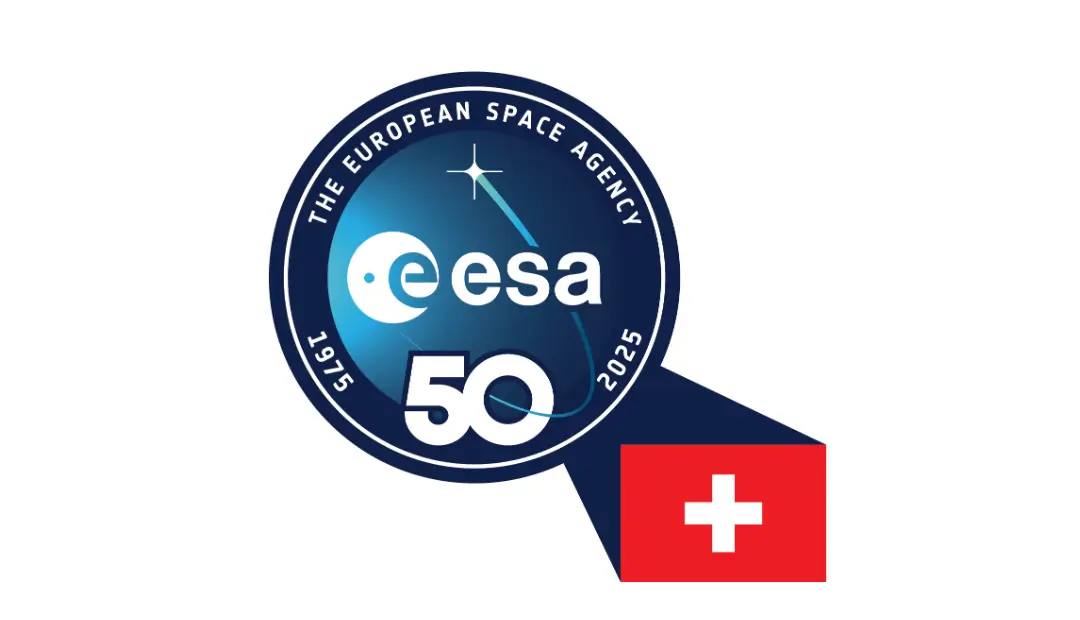July 11, 2024
Learning About Extraterrestrial Life Detection at NASA JPL
During their seven-month stay at the NASA Jet Propulsion Laboratory, Adrian and Marco focused on developing instruments that can be used to detect life forms on other planets, particularly Enceladus, a moon of Saturn. Their work in the Chemical Analysis and Life Detection Lab aimed to understand and utilize the chemical processes involved in detecting life on other planets!
During our seven-month stay at the NASA Jet Propulsion Laboratory, we focused on developing instruments that can be used to detect life forms on other planets, particularly Enceladus, a moon of Saturn. Our work in the Chemical Analysis and Life Detection Lab aimed to understand and utilize the chemical processes involved in detecting life on other planets!
Enceladus is unique because it consists of an underground ocean covered by a thick ice layer. The hypothesis that this ocean might harbor life is based on the assumed presence of hydrothermal vents on its seabed, similar to those on Earth. In our project, we developed mechanisms that enable the collection of liquid samples from an underwater environment. Particular challenges included creating space-compatible electronic boards that can withstand extreme conditions such as radiation, temperature fluctuations, and strong vibrations during rocket launches.
In addition to the technical work, our stay in California also offered ample opportunities for personal development. We used our free time for excursions to Yosemite National Park, Disneyland, the Kennedy Space Center in Florida, and the Carrizo Plain National Monument during its bloom period. These activities, combined with interactions with colleagues and experiences in the American work culture, have profoundly influenced our perspective on life abroad and the privileges of living in Switzerland.
The opportunity to work at the Jet Propulsion Laboratory was an invaluable experience that expanded both our technical skills and personal perspectives. The insights and experiences we gained during our stay will have a lasting impact on our future projects and career paths.
Latest ETH ZÜRICH news
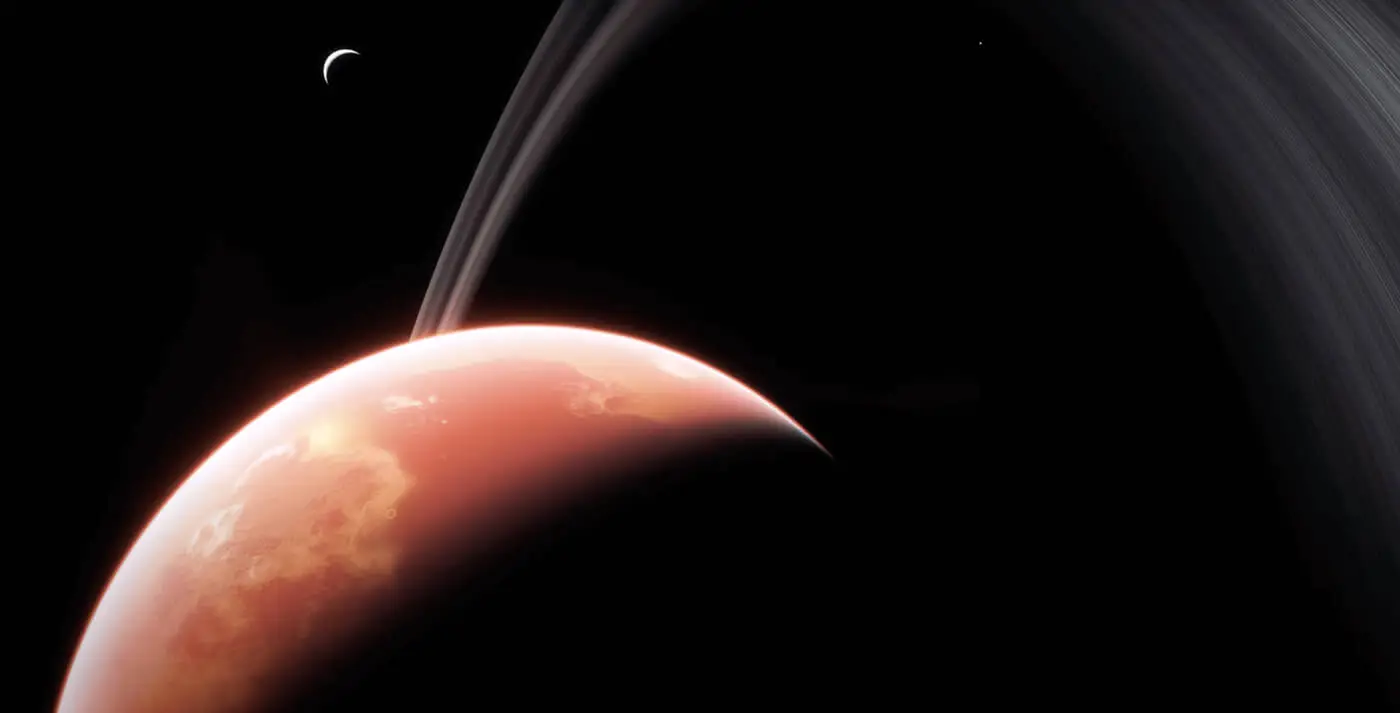
Are we alone in the universe?
In recent years, ETH Zurich has become one of the most renowned centres in the world for researching these matters:the former NASA research head Thomas Zurbuchen has been the Director of ETH Zurich Space since summer 2023.
Play video

ETH Global Lecture: Life on Earth and Beyond
How did life on Earth begin and proliferate? And is there life beyond our planet? At this ETH Global Lecture, Nobel Prize winner Didier Queloz and former NASA research head Thomas Zurbuchen discuss what is already known about the origin of life on Earth and beyond, what projects are underway at ETH Zurich – and what life itself has taught them.
Play video
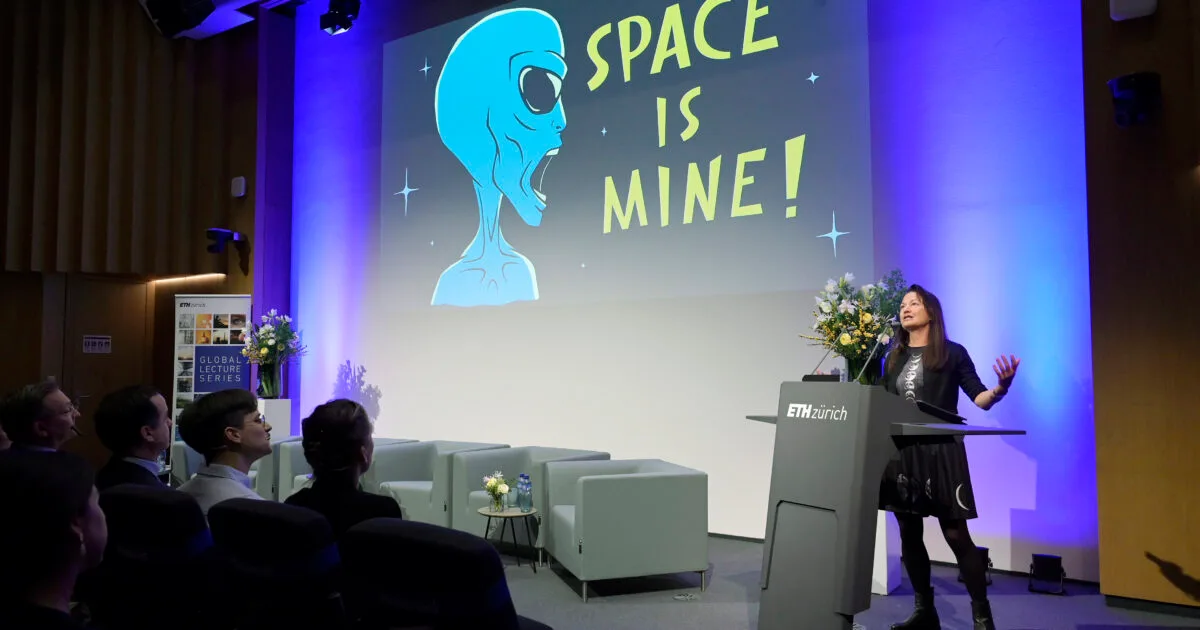
ETH Global Lecture Series: Who Owns the Moon?
Unlike any other time in human history, humanity sits on the threshold of the universe. As the commercial space industry grows in influence and importance, complex legal and ethical questions emerge. Join us as we navigate the intricacies, gaps, and inconsistencies of space law.
Play video

Prestigious Award for ETH Zurich | Space director Thomas Zurbuchen
30.06.2025 by Mariasole Agazzi
Read more
News
ETH Zurich and ESA: 50 years of collaboration
16.06.2025 by Mariasole Agazzi
Read more
News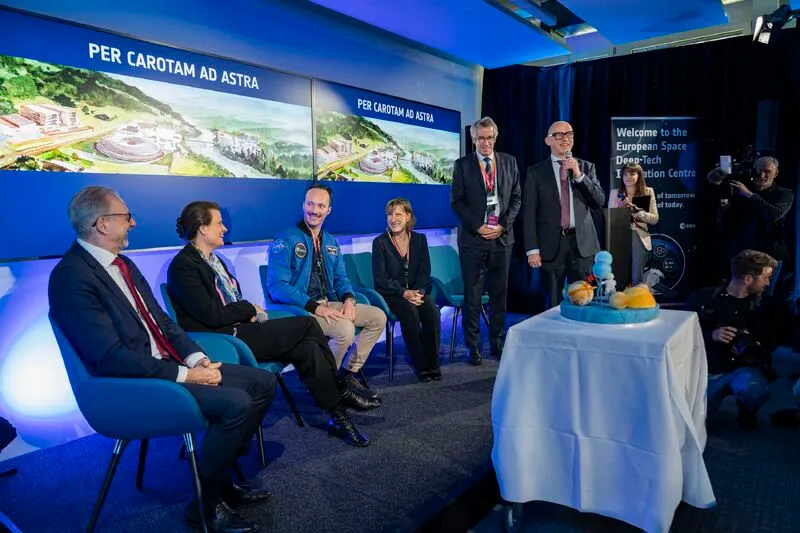
ESA opens first Innovation Centre in Switzerland — with ETH at the forefront
16.06.2025 by Mariasole Agazzi
Read more
News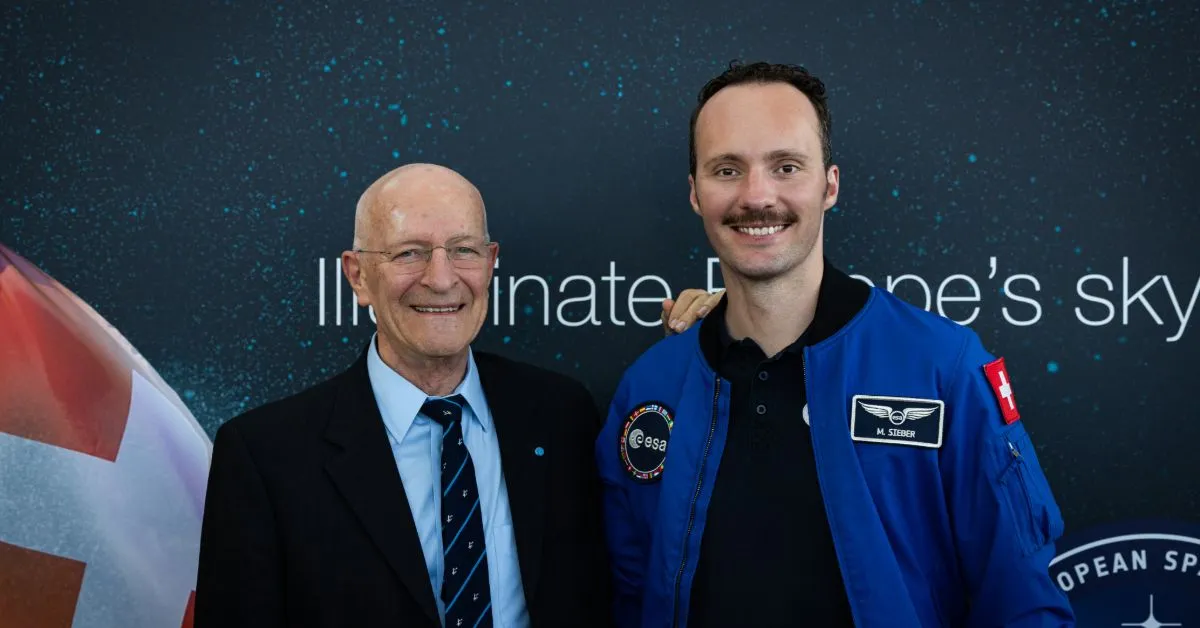
Celebrating milestones — and shaping what is next for space in Switzerland and Europe
16.06.2025 by Mariasole Agazzi
Read more
News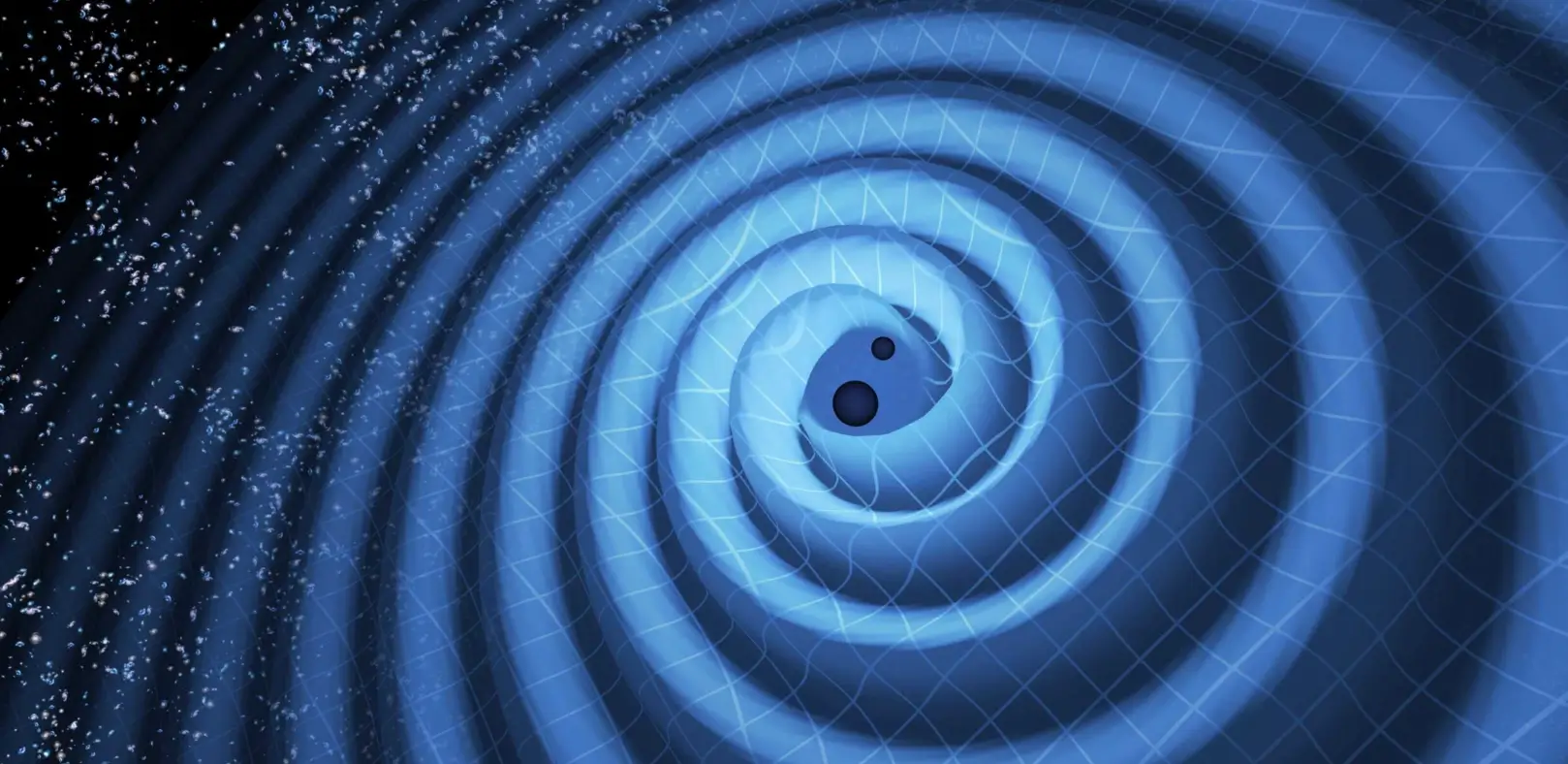
Gravitational-wave astronomy at ETH Zürich
12.05.2025 by Gaia Donati
Read more

Shaping the future of space — from the heart of Europe
10.04.2025 by Nicole Kretschmer, editor-in-chief of the DGLR members' magazine
Read more
News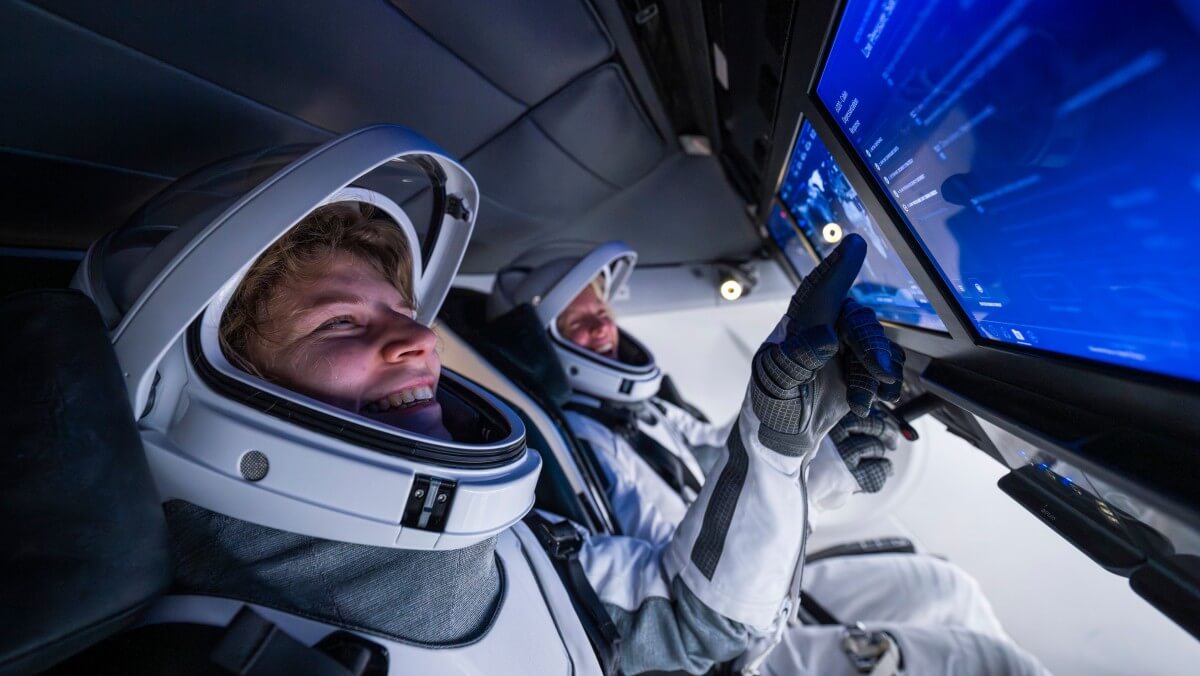
From ETH Zürich to the edge of space — and beyond!
07.04.2025 by Innovation Park Zurich
Read more
Astronomy & Research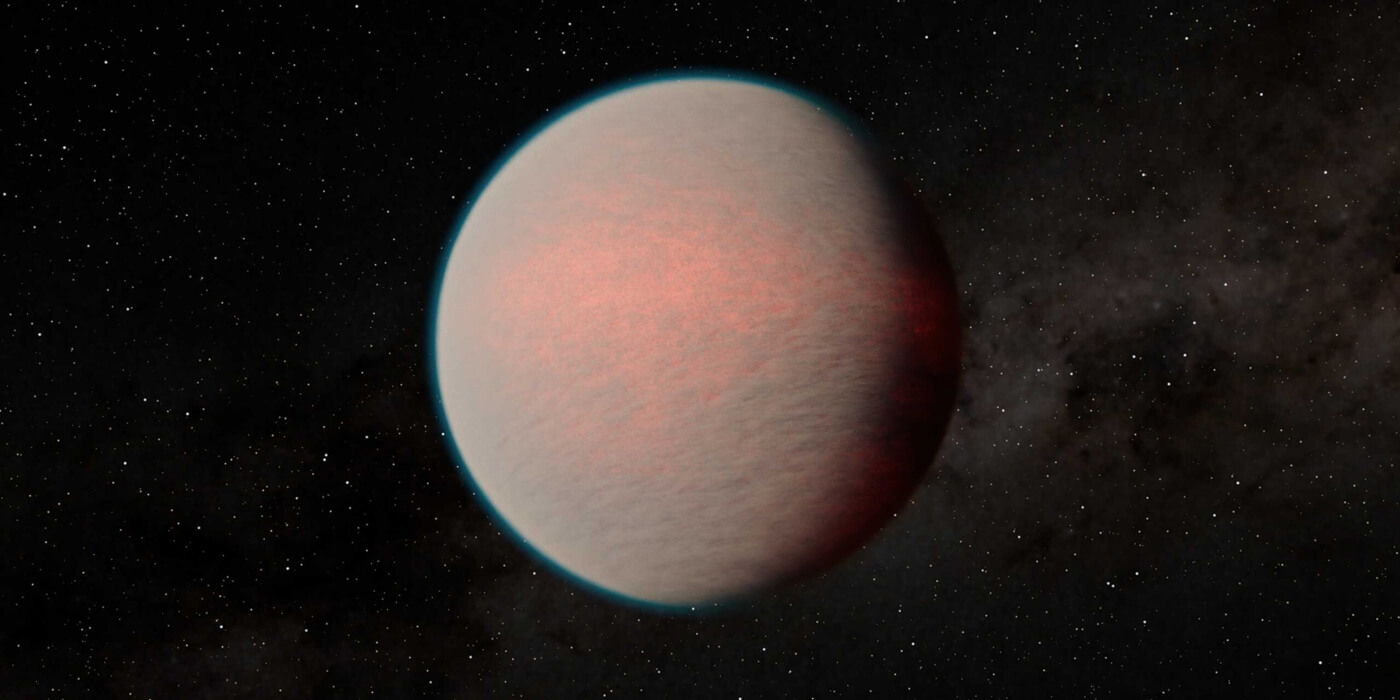
Planets contain more water than thought
04.02.2025 by Barbara Vonarburg, freelance author
Read more

Green Light for LISA
25.01.2025 by Editorial Team
Read more
Earth and Planetary Sciences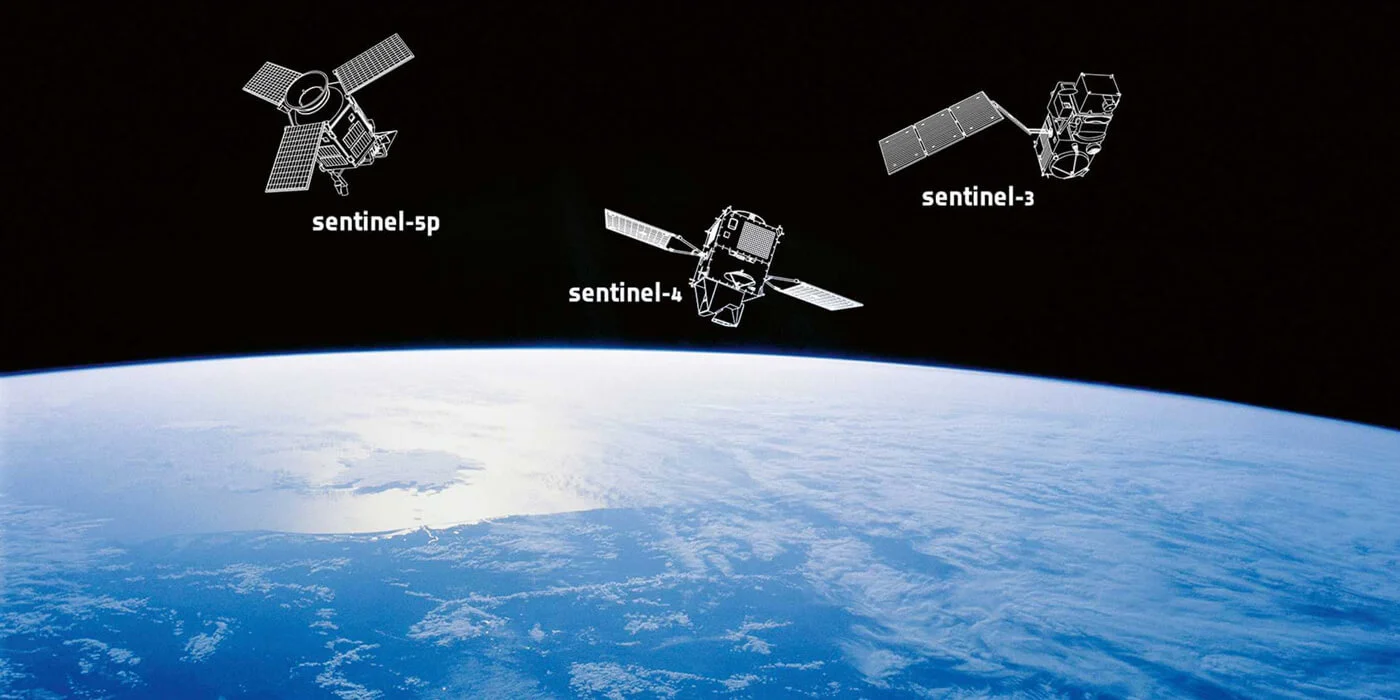
The view from space – and what it tells us
06.01.2025 by Barbara Vonarburg, freelance author
Read more
Space Research
Why we need space exploration
17.12.2024 by Christoph Elhardt and Karin Köchle, Corporate Communications
Read more
Space Research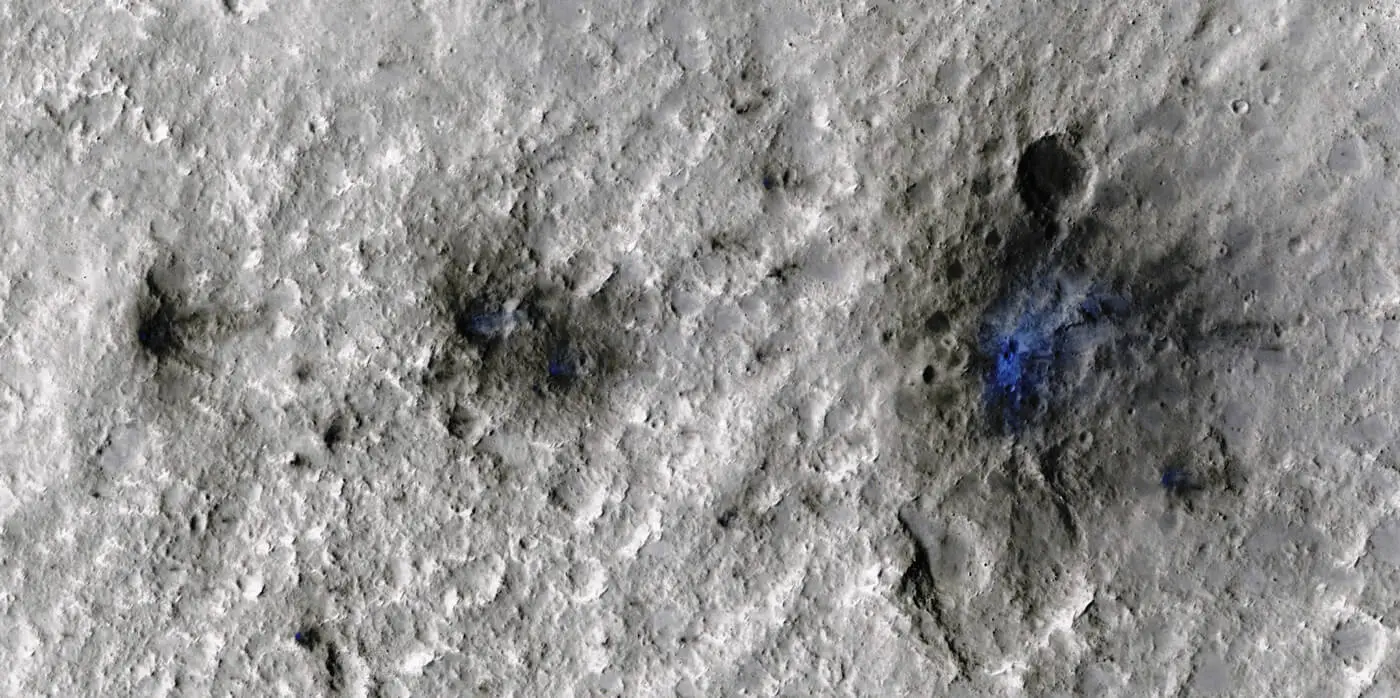
The quest to explore space
17.12.2024 by Michael Keller, Corporate Communications
Read more
Innovation & Industry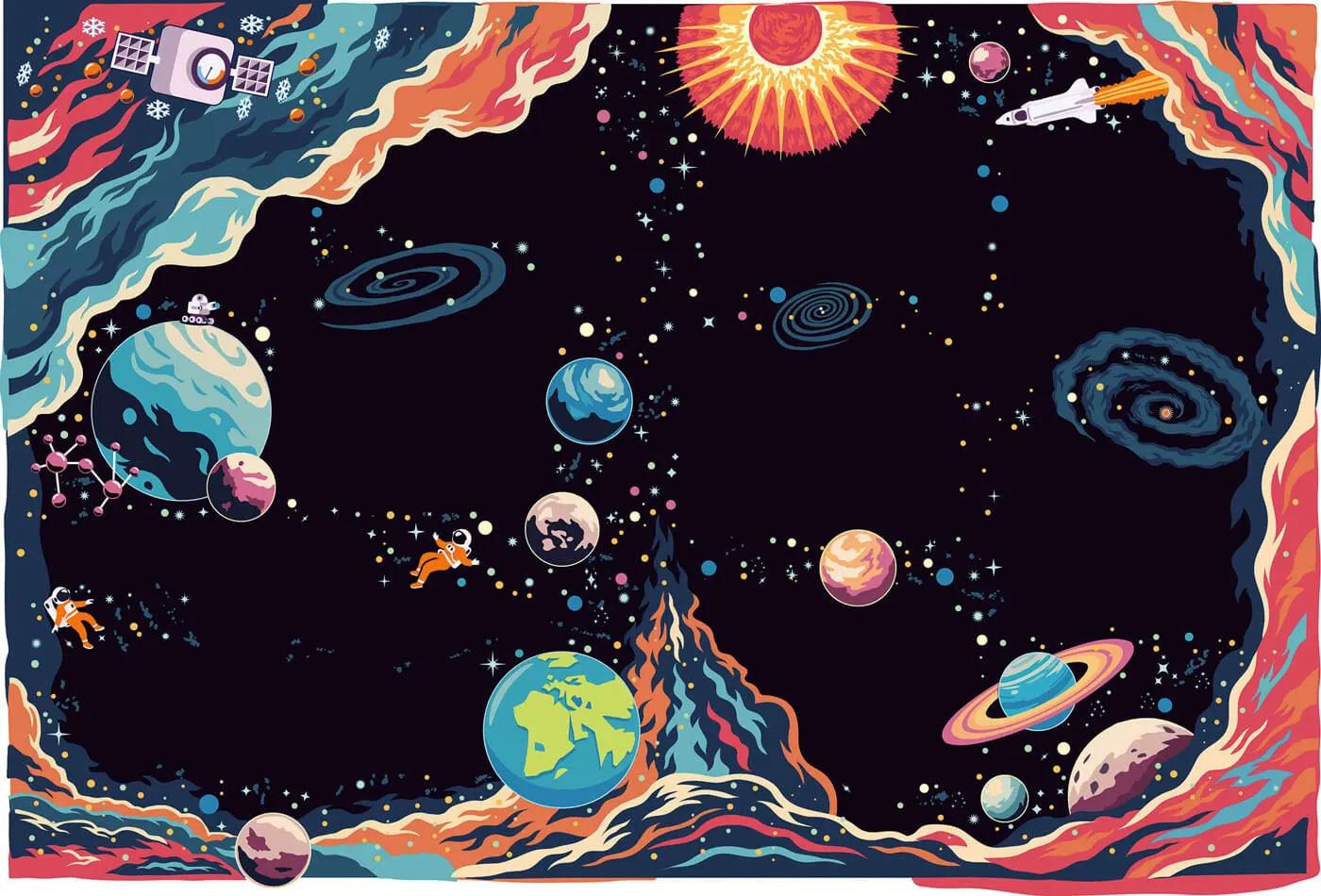
Inspired by space: Getting smart ideas off the ground
17.12.2024 by Corinne Johannssen, Corporate Communications
Read more
Space Research
Launch of space systems degree programme
17.12.2024 by Peter Rüegg, Corporate Communications
Read more
Events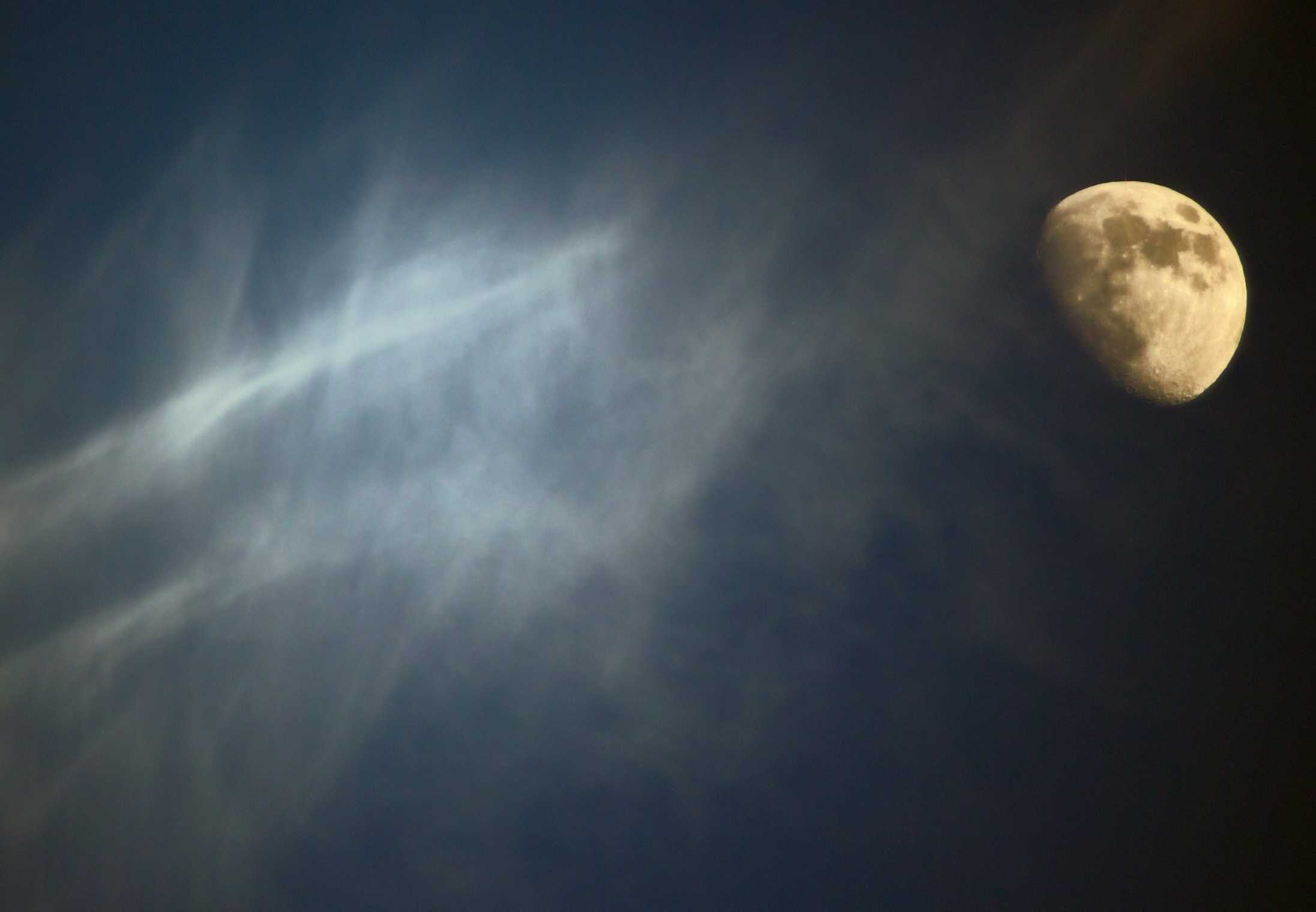
ETH Global Lecture Series: Who Owns the Moon?
07.10.2024 by Community & Outreach
Read more
Society & Institution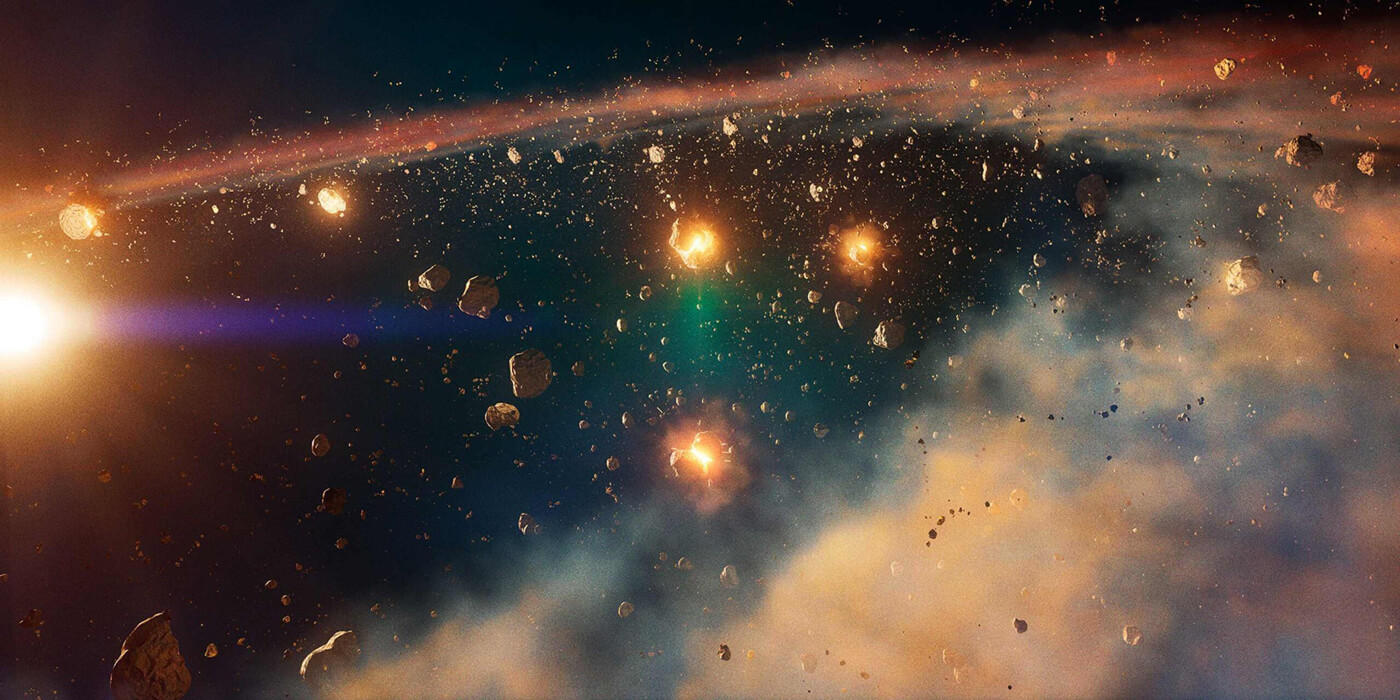
From Earth to distant worlds: ETH department is now called Earth and Planetary Sciences
05.08.2024 by Peter Rüegg. Corporate Communications
Read more
Research
Learning About Extraterrestrial Life Detection at NASA JPL
11.07.2024 by
Read more

New class of Mars quakes reveals daily meteorite strikes
28.06.2024 by Marianne Lucien
Read more

Final design of ELT’s METIS instrument completed
16.05.2024 by Anna Carmen Radi
Read more
Research
Life on Earth and Beyond
30.04.2024 by
Read more

Earth as a test object
26.02.2024 by Corinne Landolt and Gaia Donati
Read more

New Master’s in Space Systems to be launched in September
07.02.2024 by Michael Walther
Read more

A key experiment for the LIFE space mission
14.04.2023 by Felix Würsten
Read more
See all the news

